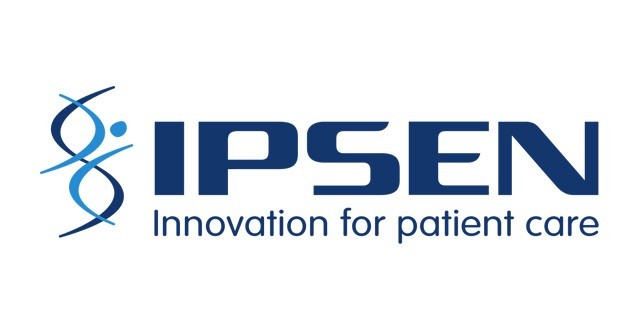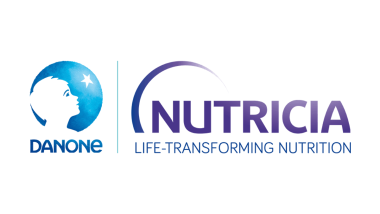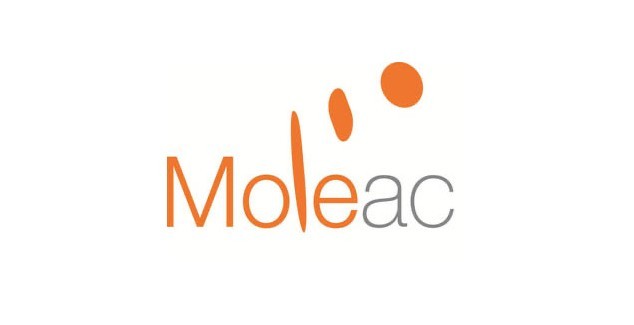Types of stroke
There are two main types of stroke, ischemic and haemorrhagic.
There are two main types of stroke, ischemic and haemorrhagic.
These strokes occur as a result of an obstruction in a blood vessel supplying blood to the brain. An obstruction of blood flow in the blood vessel can cause a blood clot to form, this is called a cerebral thrombosis. The main cause of cerebral thromboses are fatty deposits in blood vessels and arteries (atherosclerosis).
Blood vessels can also be blocked by a blood clot that has formed in another part of the body, usually the heart or large arteries of the upper chest and neck. Sometimes a portion of a blood clot breaks loose, enters the bloodstream and travels through the brain's blood vessels until it reaches vessels too small to let it pass. This is called a cerebral embolism. The main cause of this kind of clot is an irregular heartbeat, known as atrial fibrillation (AF).
Haemorrhagic strokes happen when a weakened blood vessel ruptures and bleeds into the brain. The blood builds up and creates pressure on the surrounding brain tissue. These bleeds can be caused by an aneurysm or an arteriovenous malformation (AVM).
An aneurysm is a ballooning of a weakened region of a blood vessel. If left untreated, the aneurysm continues to weaken until it ruptures and bleeds into the brain.
An AVM is a cluster of abnormally formed blood vessels. Any one of these vessels can rupture, also causing bleeding into the brain.
A TIA is caused by a temporary disruption in the blood supply to an area of the brain. It can cause symptoms similar to a stroke, but unlike a stroke these symptoms pass quickly and usually fully resolve within 24 hours.
In the early stages of a TIA it is impossible to tell whether or not it is a stroke, so it is important to call emergency services. People who have TIA are also at risk of further TIAs or a full stroke, so it is important that they see a doctor who can look at the causes of the TIA and provide treatment for the underlying cause.
The risk factors for TIA are similar to those for stroke and similar to stroke, TIAs also contribute to an increased longer-term risk of dementia.
 Corporate Supporters
Corporate Supporters
 Corporate Supporters
Corporate Supporters
 Platinum Plus
Platinum Plus
 Platinum Plus
Platinum Plus
 Silver
Silver
 Silver
Silver
 Silver
Silver
 Silver
Silver
 Silver
Silver
 Bronze
Bronze
 Bronze
Bronze
 Bronze
Bronze
 Bronze
Bronze
 Bronze
Bronze
 Bronze
Bronze